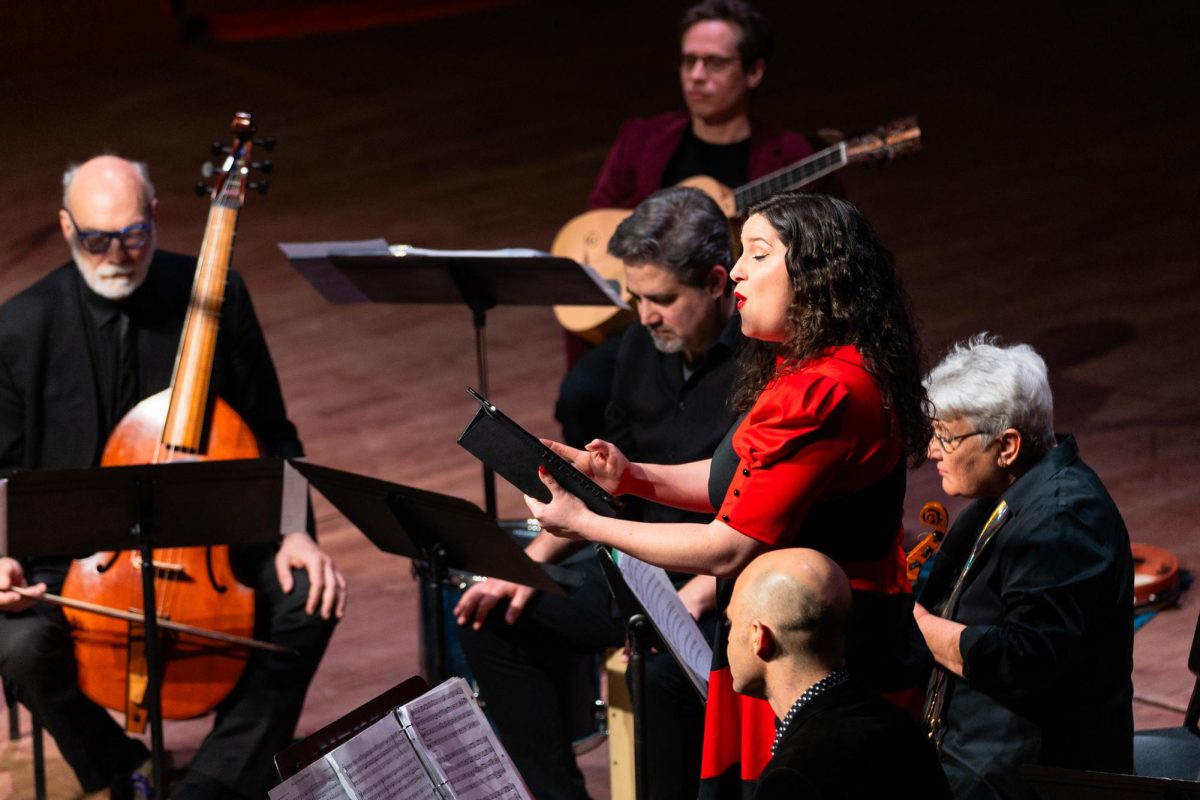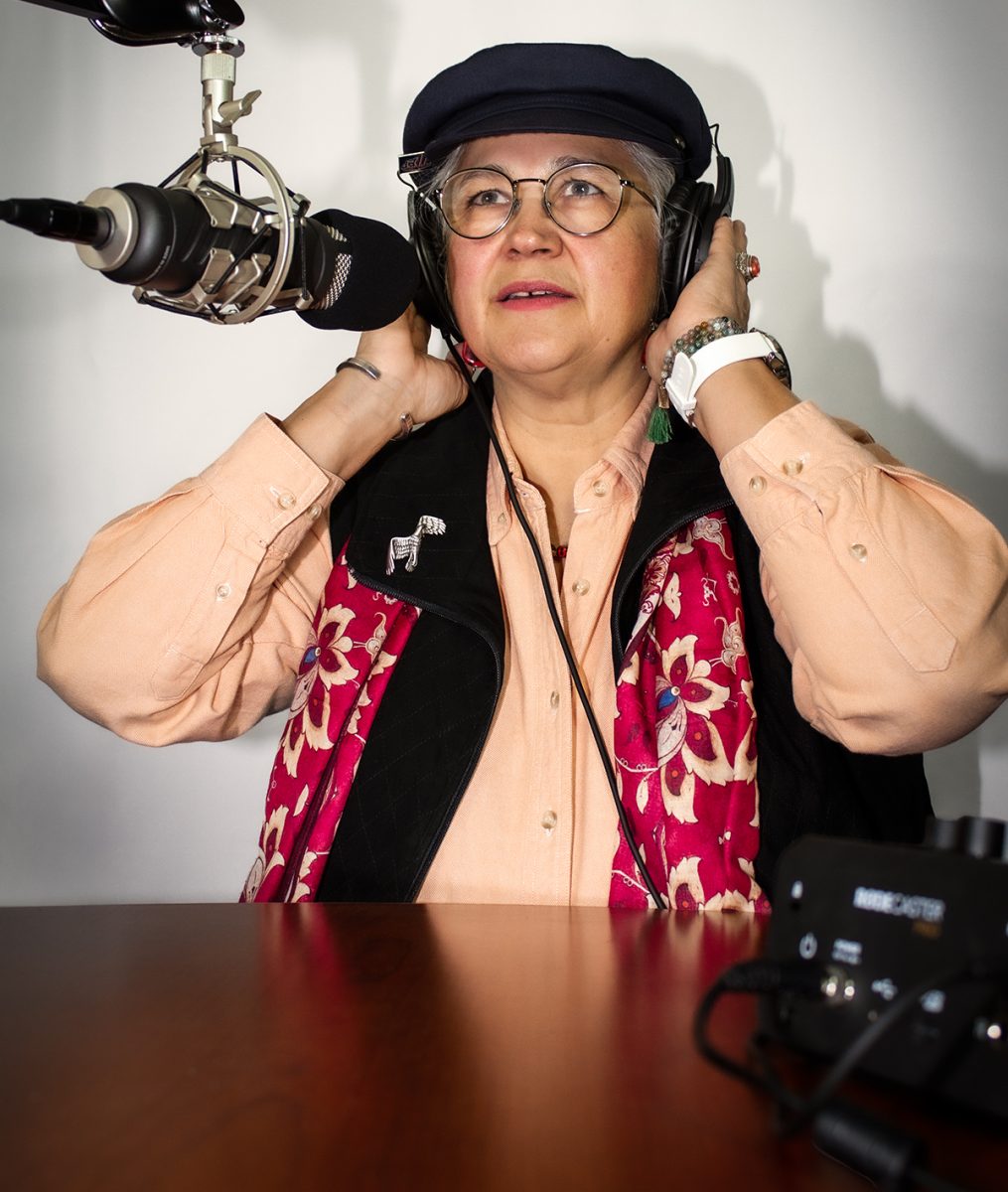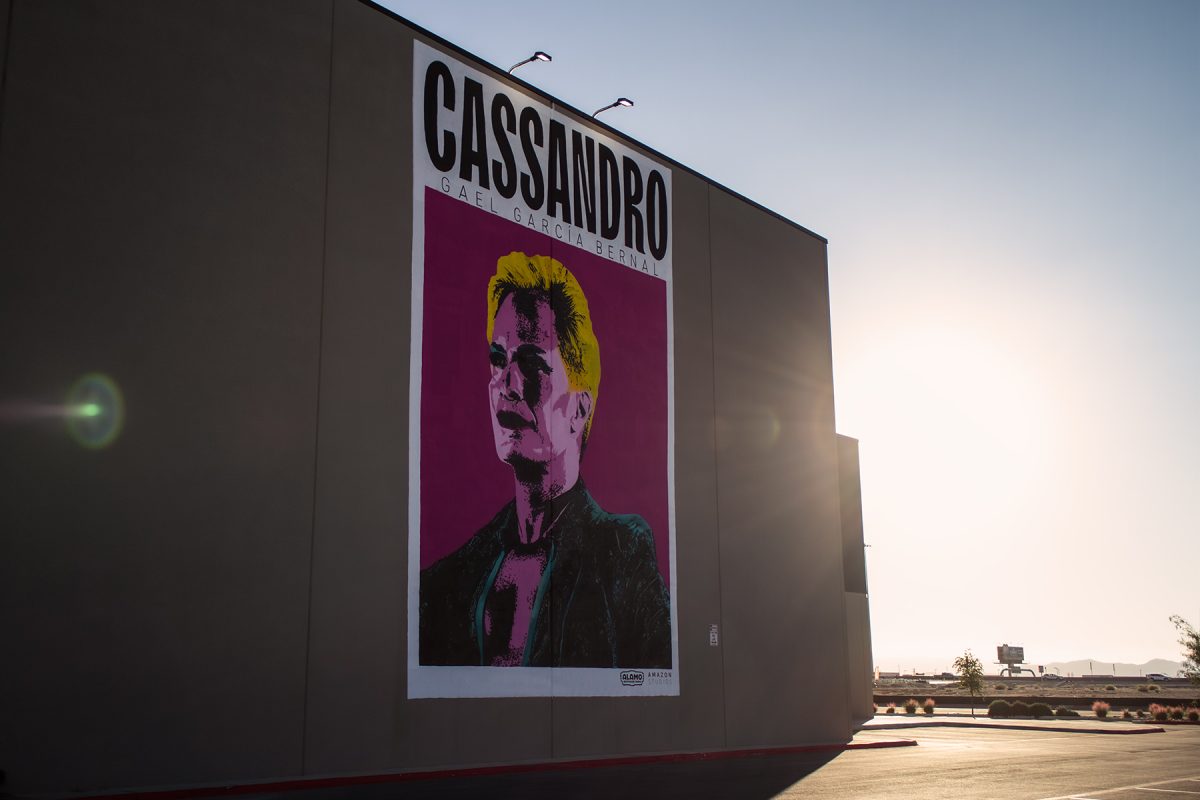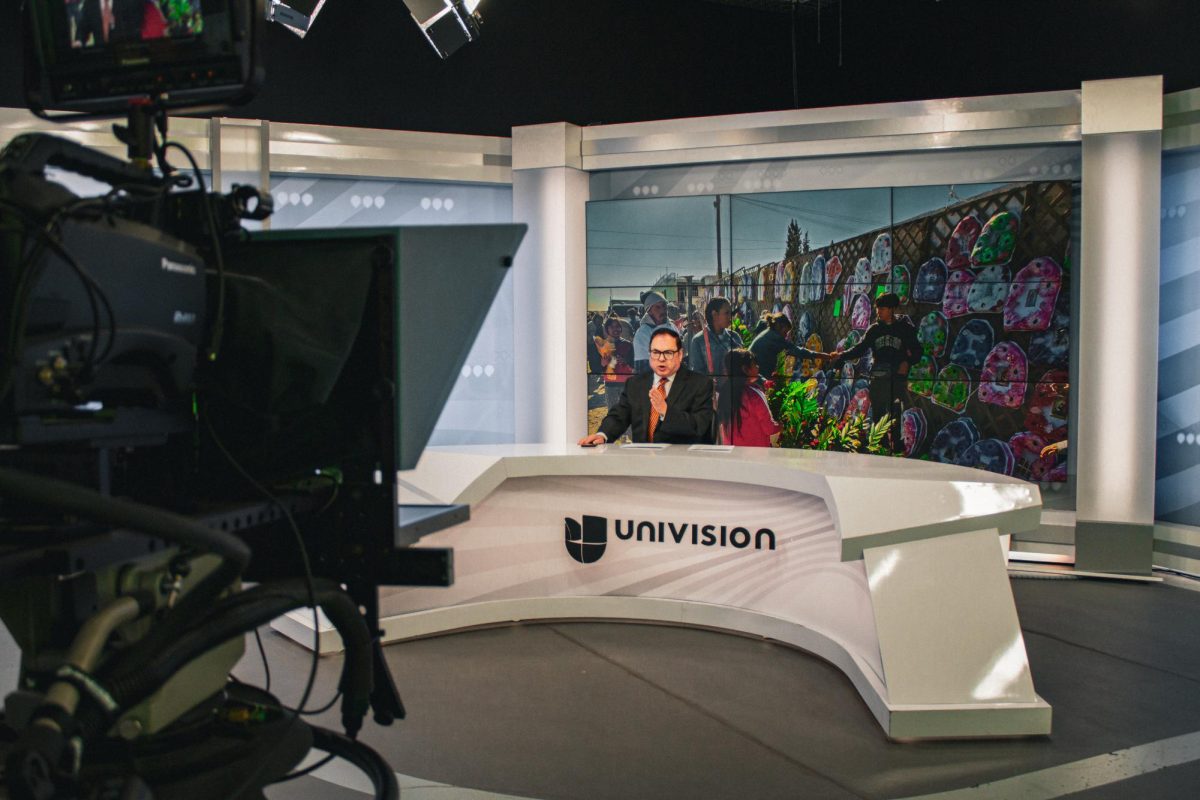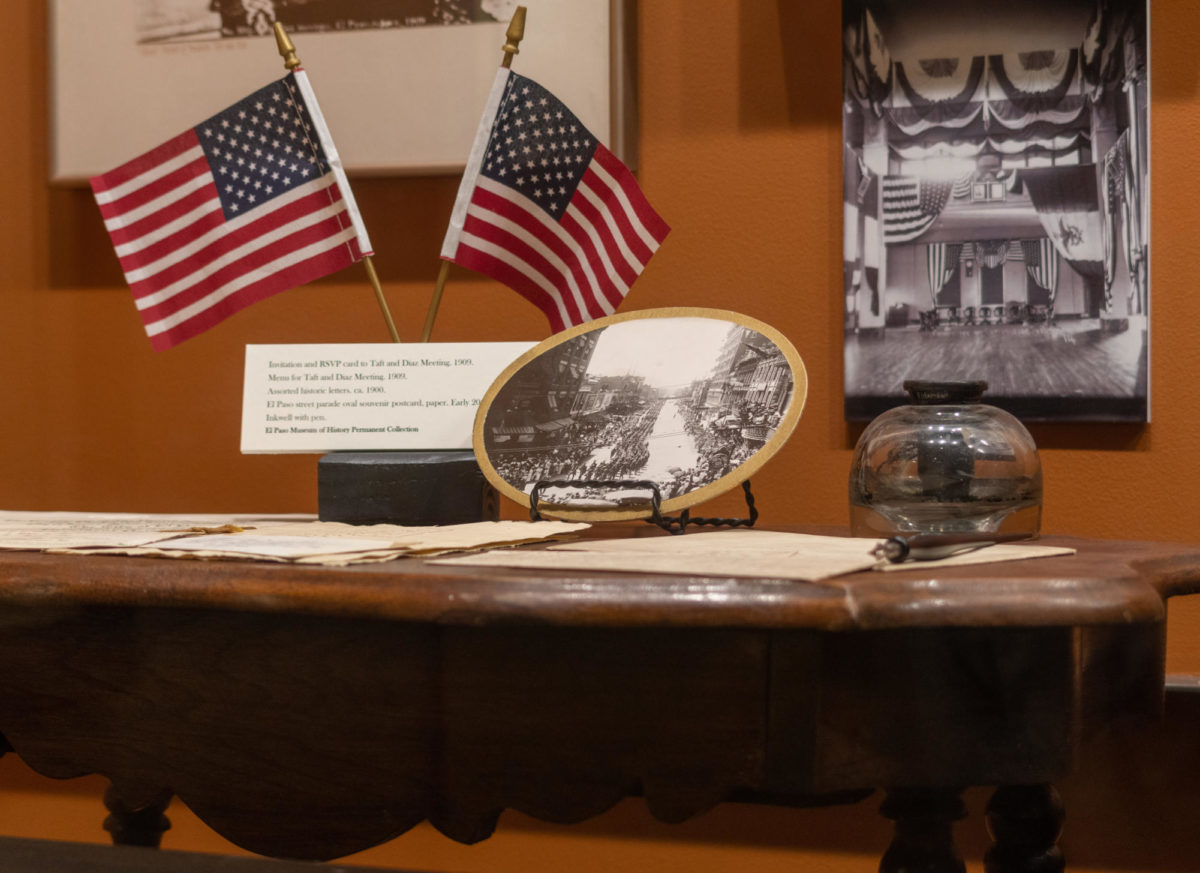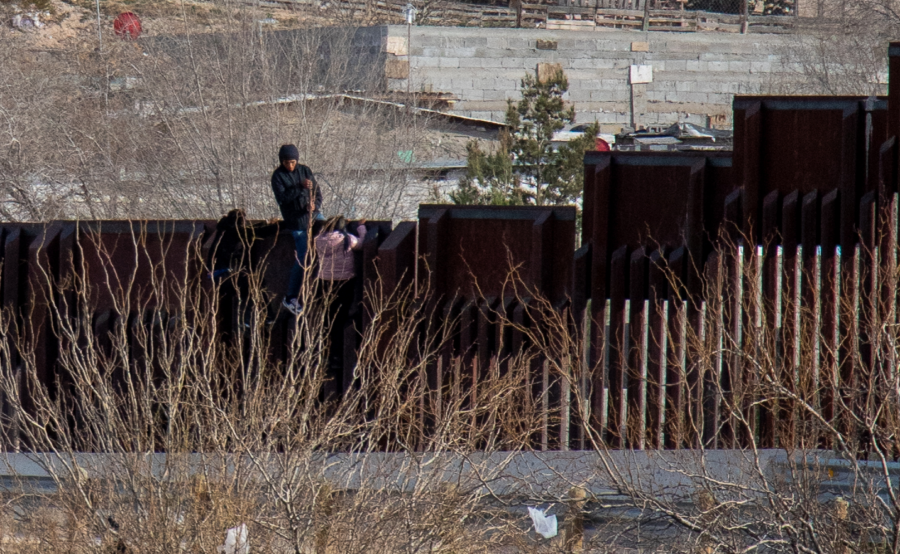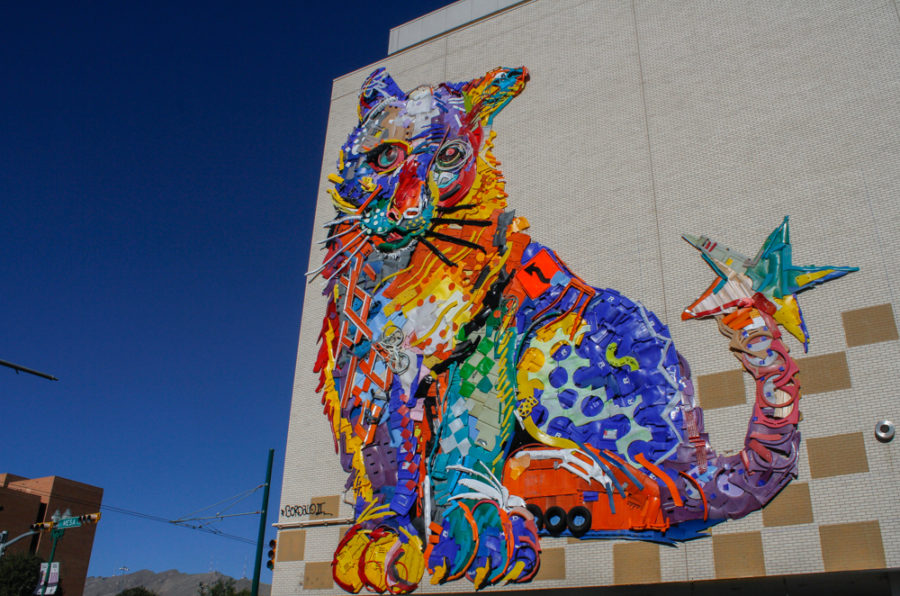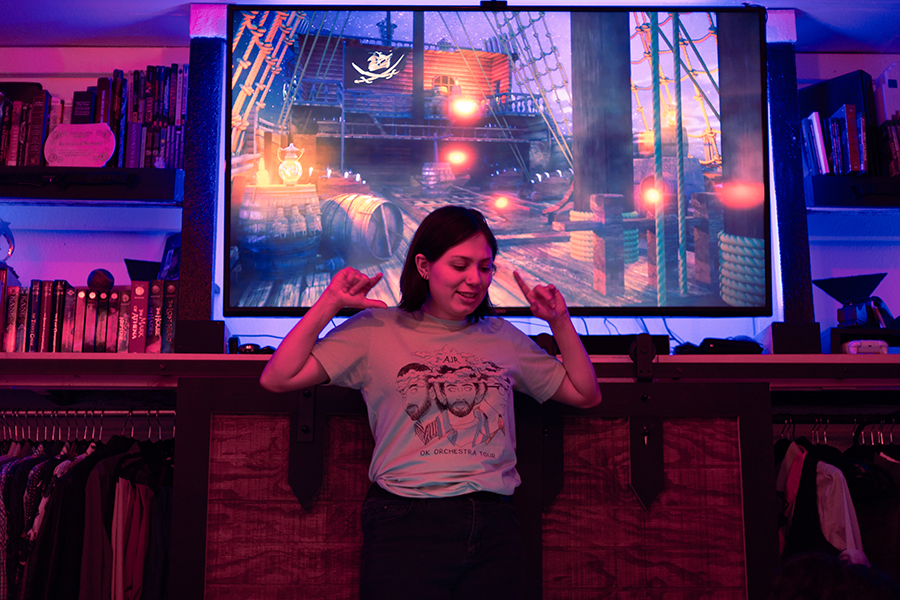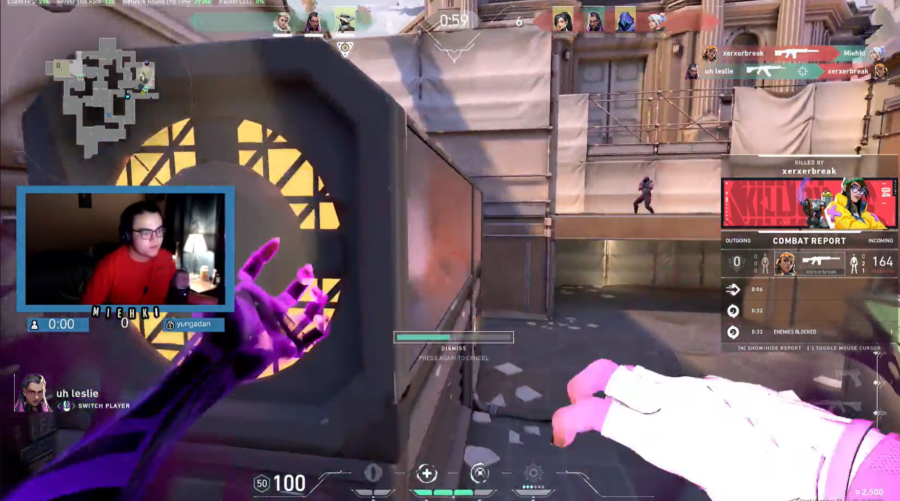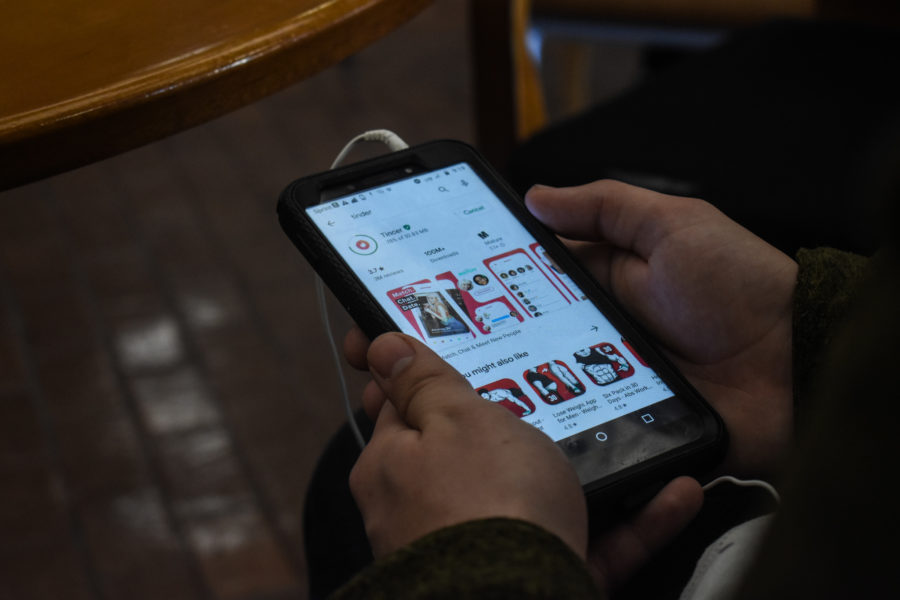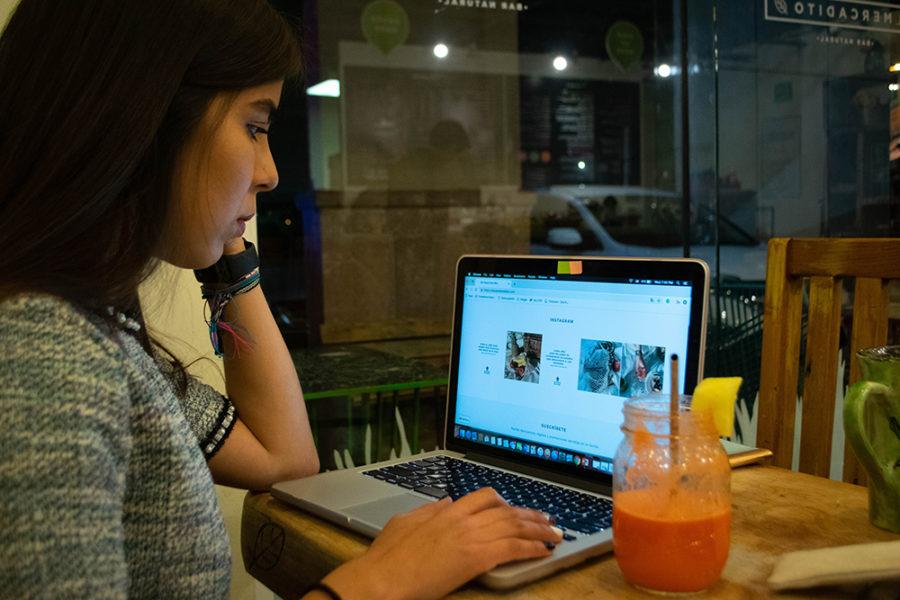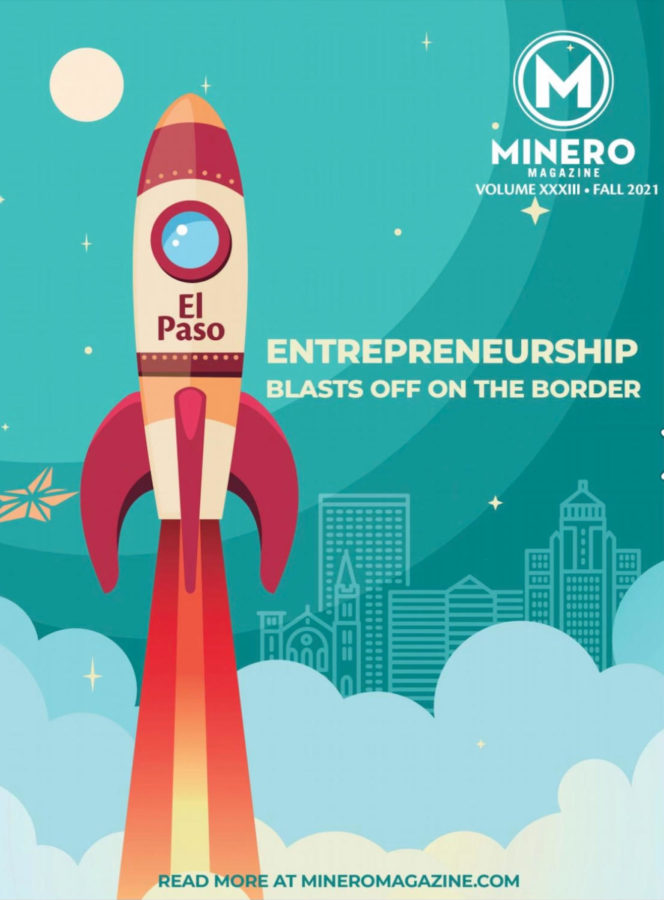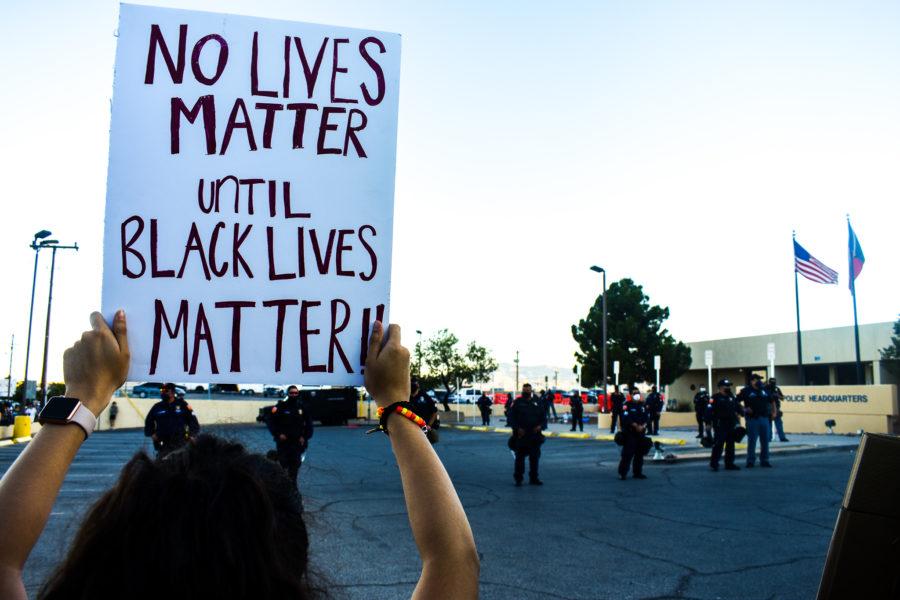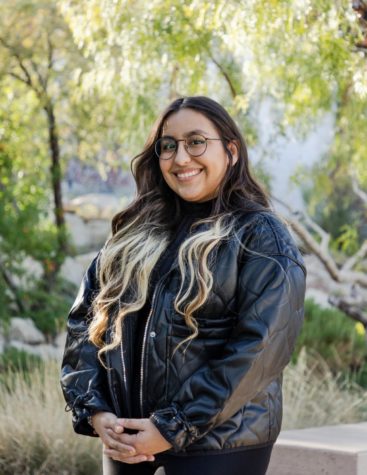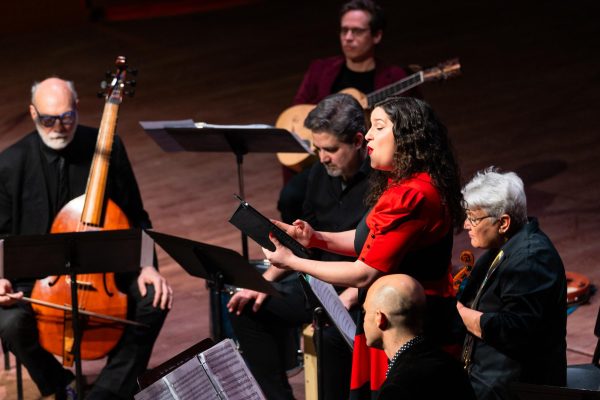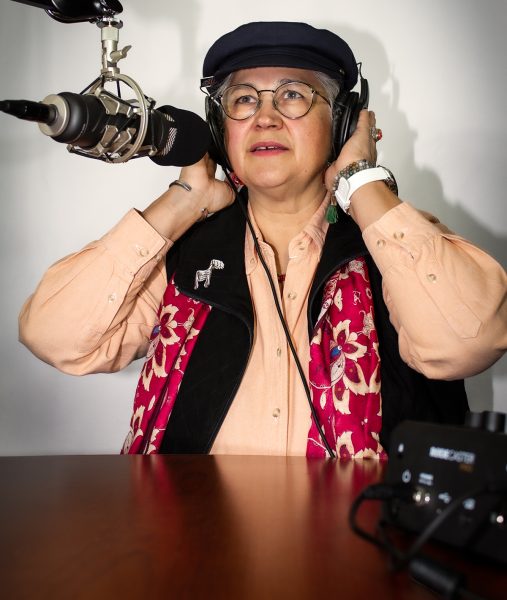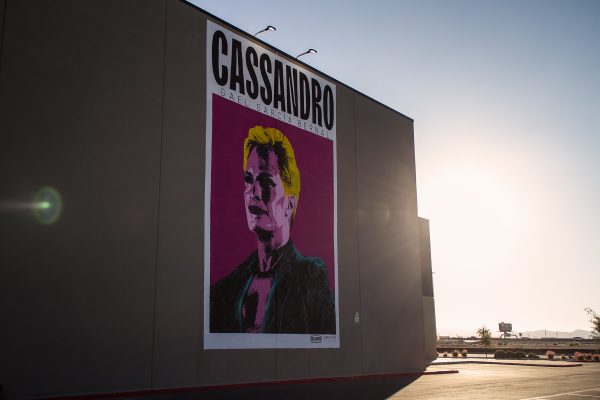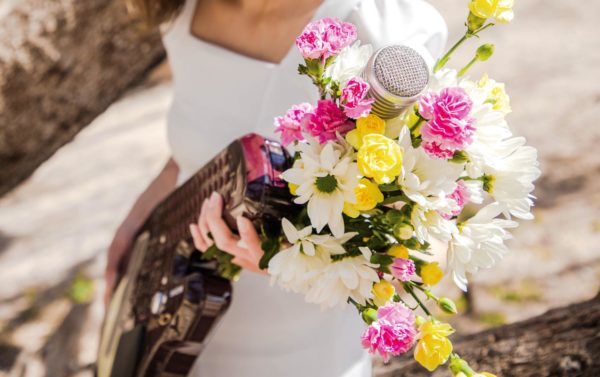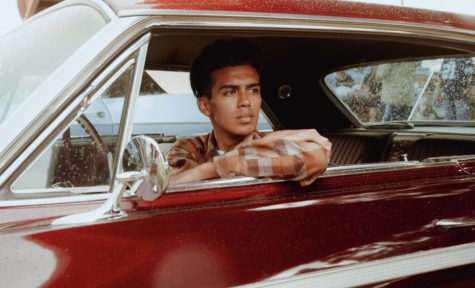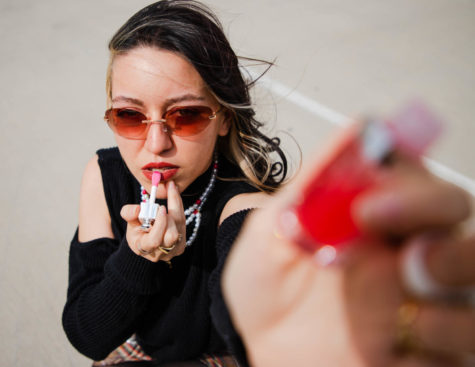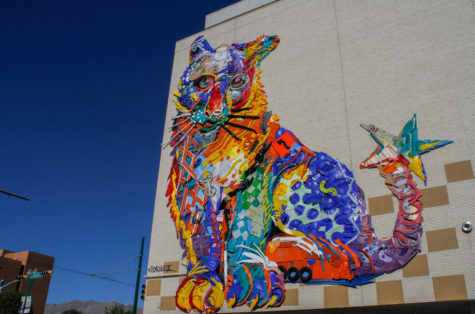Protesting from a distance
June 10, 2020
Utilizing your platform to protest, different methods to use social media to bring awareness, and how to be a better ally.
The black square that took over Instagram on June 2 highlighted how aware society is of the Black Lives Matter movement and the protests sparked by George Floyd’s death. “My Instagram,” a short phrase that segued into discussions about the black squares flooding people’s Instagram feeds even trended on twitter.
The hashtag attached to the black square: “#BlackoutTuesday” that went viral on Instagram was started by two black women: Jamila Thomas, senior director of marketing at Atlantic Records and Brianna Agyemang, a former Atlantic Records executive. According to a report by VICE, originally, the two coined the hashtag #TheShowMustBePaused as a “call out to ‘the long-standing racism and inequality that exists from boardroom to the boulevard’ in music.”
They never intended to flood Instagram feeds with black squares and in turn, flood the #BlackLivesMatter tag. The hashtag movement made images of protests and police brutality hard to find and consequentially, made it difficult for black voices to be heard.
“With this social media age, we are able to be activist at the touch of our fingertips,” says Kyra Lewis, UTEP’s Black Student Union’s vice president. Lewis understands the severity of the COVID-19 pandemic and emphasizes how easy it is to educate yourself and others, especially through social media platforms.
As many social media users noted, the tag failed to make any progress in assisting protesters, organizations, or the movement as a whole and agree that there must be better ways to support the movement and organizations.
“For people not wanting to get out in the crowds — that’s a very real fear. We’re still in a pandemic. This is still Coronavirus season. So, the people who don’t want to be out in crowds, you can still sign petitions, you can donate or share those links for donations,” says Lewis.
For the 28.7 million people that participated in #blackouttuesday, here are some more effective ways to do that.
Gear your social media posts to the right target audience
It’s important to spread awareness about police brutality, the Black Lives Matter movement and how to be a better ally. But it might be equally as important to make sure that this information is being spread to the right people, the people that need to see it (not Black people, not victims of police brutality).
You can use certain hashtags that you think that the target audience is more likely to see. Things like #policefamily, #serveandprotect, #keepamericagreat and more are all examples of “virtual hangouts’ that you might find the target audience in.
Watch and Learn
If streaming has been your go-to this quarantine season, homefromcollege, a website built by 400+ students for students, created a list on their Instagram featuring 17 TV shows and films to watch to educate yourself with and make yourself a better ally. (They also include 70 other ways and media to educate yourself on being a better ally in the same post.)
The list includes titles like “The Hate U Give” (2018) on Hulu and “Dear White People” (2017) on Netflix. But the list doesn’t just stop there.
“There’s never ending knowledge,” says Lewis. “There’s always going to be something else.”
Lewis recommends films like “13th,” a Netflix documentary about the history of racial inequality, “When They See Us,” a Netflix drama based on a very real arrest of five black teenagers and “Just Mercy” an award-winning film that has recently been made free on Youtube.
Books are your friends
With the stay-at-home order still in effect in many states, there is plenty of time to order and read books from some Black scholars and notable figures about racism, and the justice system. Authors like Angela Davis and Ida B. Wells are just a few black female authors that you can read as well as Kathryn Smith-McGlynn who wrote on the history of El Paso’s African American community.
Lewis suggests “Eloquent Rage” by Brittney Cooper and “New Jim Crow” by Michelle Alexander. You can also check out some of the books in reading lists that are featured in USA Today, British Vogue, Teen Vogue, and ABC news.
Sign and Donate if you can
“When it comes to things that you can do over social media— spreading and signing petitions, VERY quick, very easy. Literally, part of the signing process is donating or resharing the link so other people can sign them too,” says Lewis.
With over 9,000 protest-related arrests across the U.S., protestors need your help. Bail funds raise money to release those who have been jailed before they receive a trial. By donating to these bail funds, you can help protestors who might not be able to afford the fee they have to pay while they wait.
According to the New York Times, bail can sometimes cost over thousands of dollars and disproportionately affect low-income people. Some Texas bail funds that you can donate to include: The Fianza Fund, a local El Paso immigration bail fund that is currently raising funds for protestors, the Texas Organizing Project and Faith in Texas. If you’d like to help in other states, PAPER magazine compiled a list of bail funds for every city and state that has had protests in which you can donate to.
Support local businesses
The movement doesn’t just stop once a protest ends.
Black El Paso Voice, a site whose purpose is to help build the El Paso Black community through sharing information and news has been around since 2006 but is just barely receiving submissions from the community.
“We put a lot of effort in trying to get Black El Pasoans to participate in different things that we are doing— submit articles, share their businesses. We’ve been doing that for years,” says Monica Tucker, the publisher and founder of the site.
“It’s been difficult to get people to do that and a lot of people don’t share their businesses because they think that if people know that they’re black owned, they won’t support them because racism exists, even here on the border.”
To cement your activism, whether local or not, support black businesses. Some local black-owned restaurants in El Paso that you can support include Hawaii Kravings and J’s Smokehouse BBQ, a local clothing store called PLUSH Boutique and more.
Recently, Black El Paso Voice has experienced more traffic due to recent events.
“It shouldn’t take that,” says Tucker.
Her site, has been trying to build a directory for black-owned businesses titled “El Paso Black Pages.” The site will be launched on June 19 but is still taking submissions.
Tucker has also created a new discussion series for the El Paso black community called “The Black Roundtable.” According to the group’s Facebook page, it will be a two-day, non-partisan discussion, open to anyone, about racism, the Aug. 3 El Paso mass shooting, systemic racism and more.


